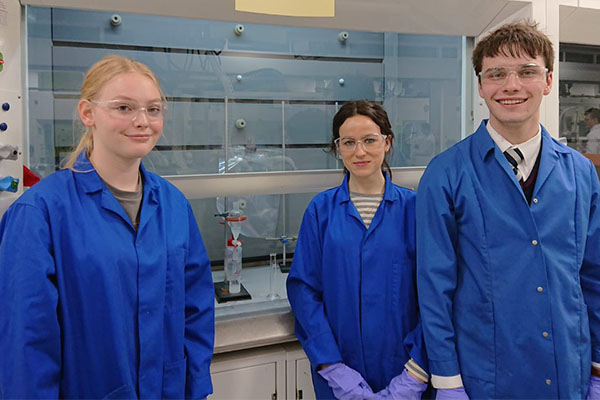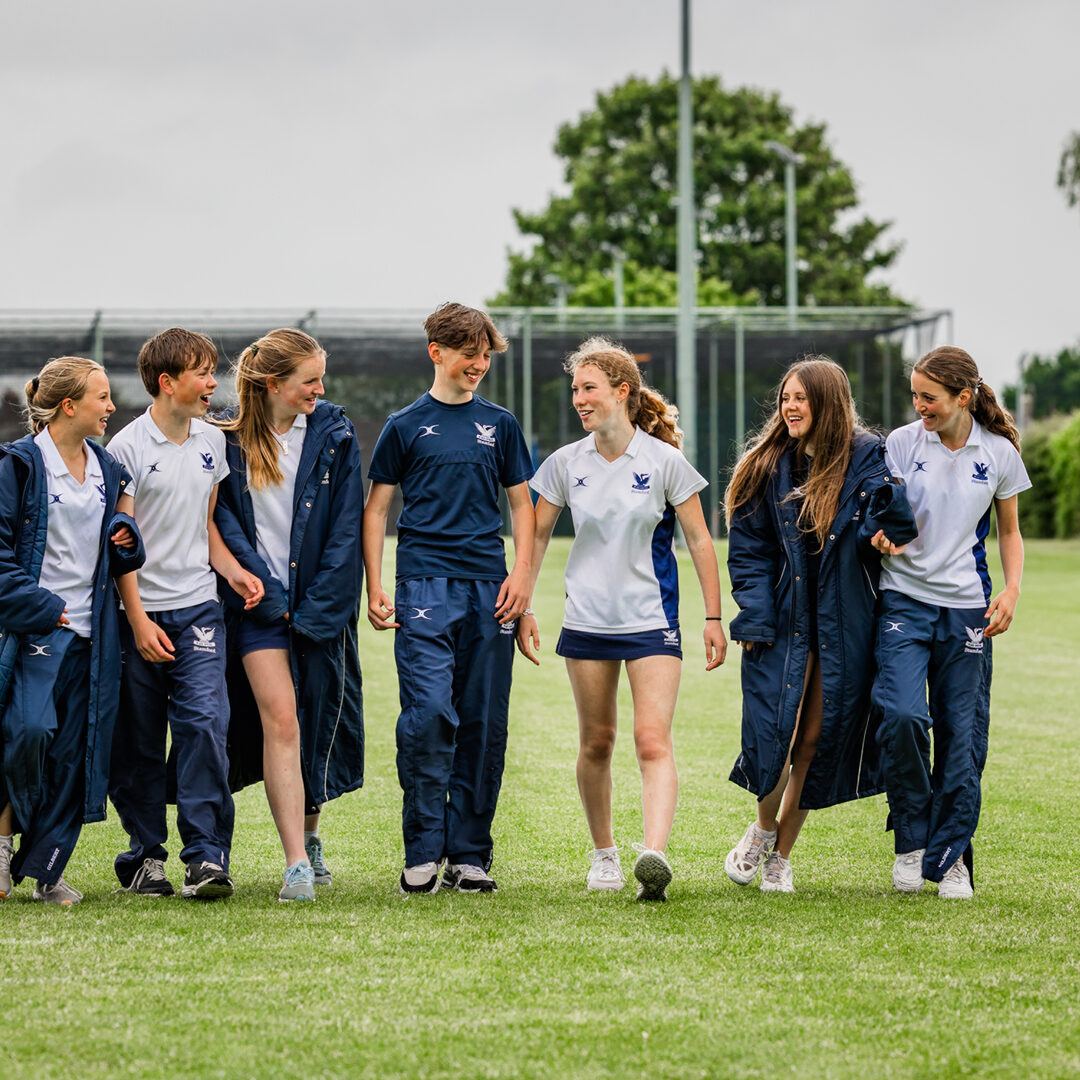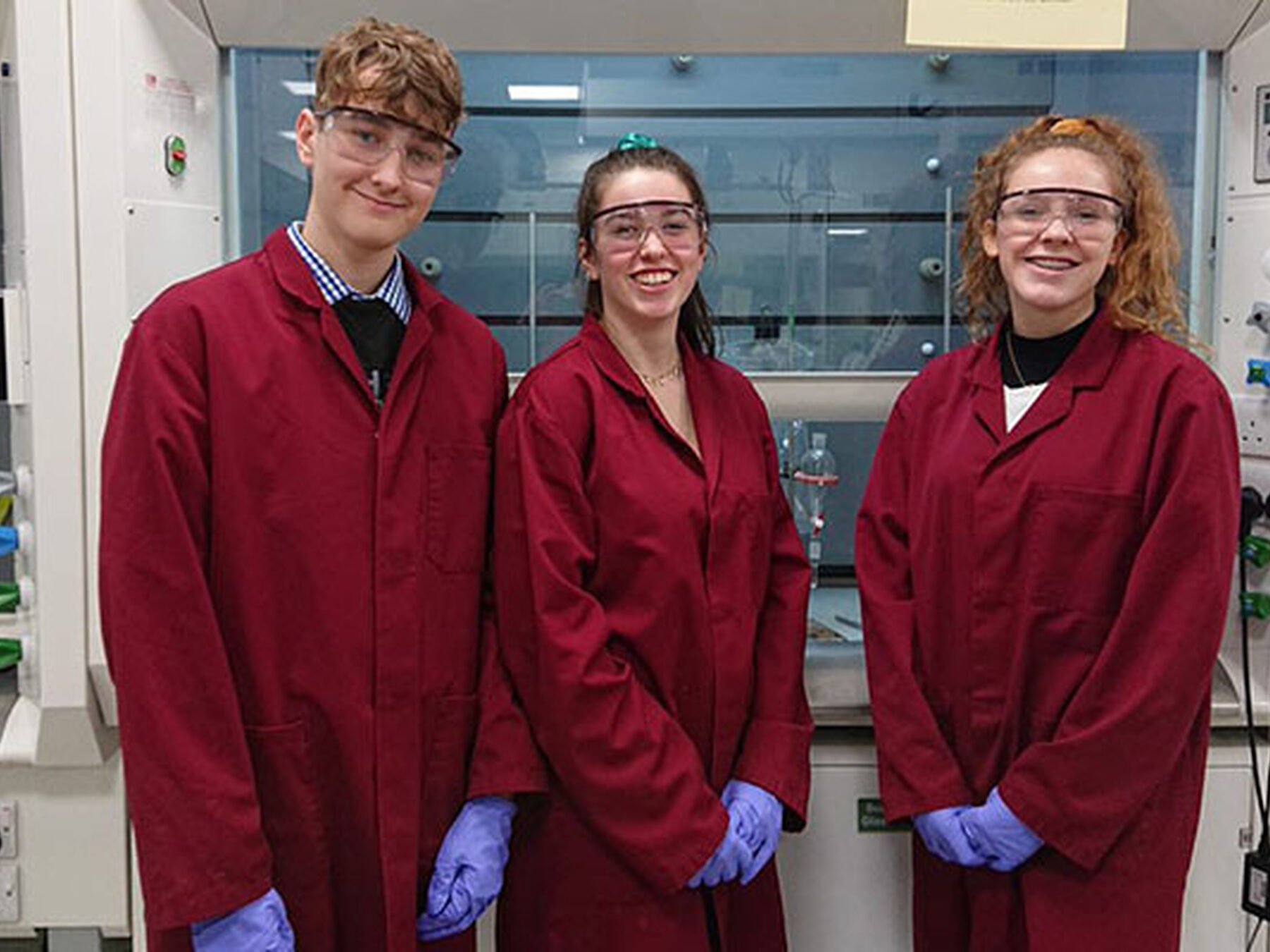Two mixed teams of Year 12 Sixth Form students from the Stamford Endowed Schools have recently entered the Royal Society of Chemistry’s Schools’ Analyst Competition, held at the University of Nottingham.The competition allows students to demonstrate and expand on their chemistry knowledge and skills through practical analytical experiments, based on relevant societal problems.The teams were able to complete some familiar tasks, as well as getting involved with some more challenging experimentation such as using the rotary evaporator – a device which removes solvents from samples using evaporation.Despite not winning the competition, the students were commended for their effective use of resources and excellent teamwork.Dr Peter Jones, Head of Chemistry at Stamford School, said: Our two teams, Oliver, Mia and Caitlin, alongside Eva, Scarlett and Tom, all showed excellent teamwork and organisation skills. The competition linked well to the curriculum, with links to spectroscopy and inorganic and organic chemical tests, and use of the rotary evaporator proved a particular highlight.Scarlet Todd, who competed in the SHS team at the competition, said: "We arrived at the University in plenty of time, allowing us to eat lunch and prepare for the competition. We assembled into our teams of three (one for SS and the other for SHS) and were then briefed by the organiser; safety was of paramount importance and individual students could be disqualified for inappropriate dress or breaches of the rules of competition."We were all nervous yet excited as we entered the lab; there were fume cupboards everywhere and all sorts of futuristic equipment was strategically placed, ready for our use!"We were given two booklets: one with the required detailed instructions and one for our results and deductions made from the data. We had to study a couple of medicinal tablets by dissolving and then analysing them using techniques including Infrared Spectroscopy and Chromatography. This enabled us to discover the main reactive groups in our tablets and look at the purity of each sample."We particularly enjoyed learning how to speed up the rate of evaporation of a solvent by using a Rotary Evaporator, which uses a reduction in pressure to maximise the rate of solvent loss. The time allocated passed very quickly, sadly meaning that we couldn’t quite complete all of the tasks, which had an effect on our final grade. Nevertheless, it was an amazing experience to appreciate some of the opportunities that are available to those of us who will pursue a career in a science, and we also enjoyed the responsibility of having to organise and productively use our own time to collectively solve a problem."




